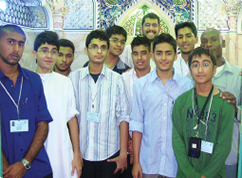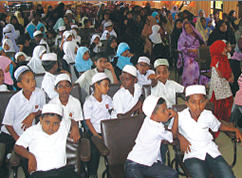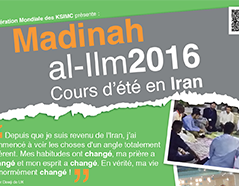Sunnat or Innovation?
The books of Islamic laws and traditions of both Shias and Ahle Sunnat mention innumerable recommended prayers. Some of the prayers exceed a thousand units. The prayer of Tarawih is among the recommended prayers of the Ahle Sunnat and it is performed in congregation in the nights of Ramazan at an estimated twenty units daily.











